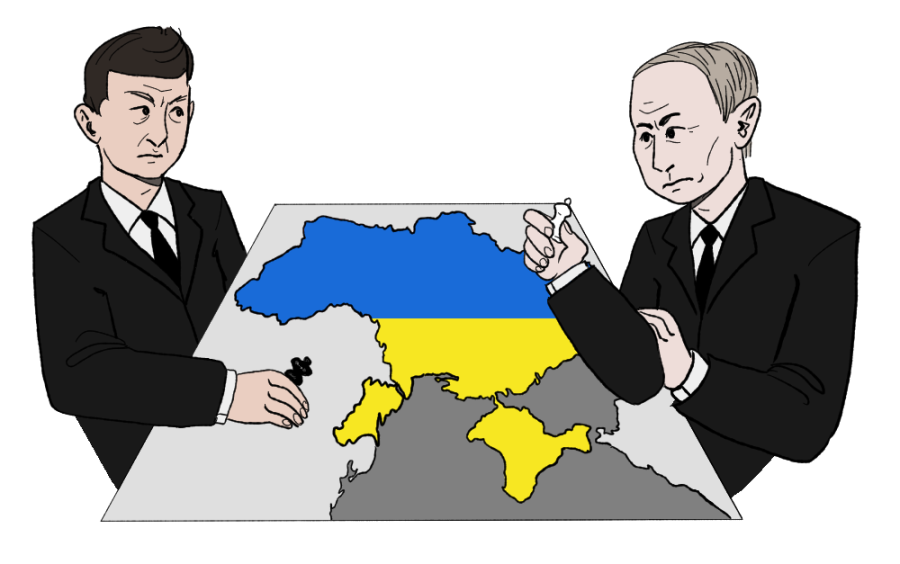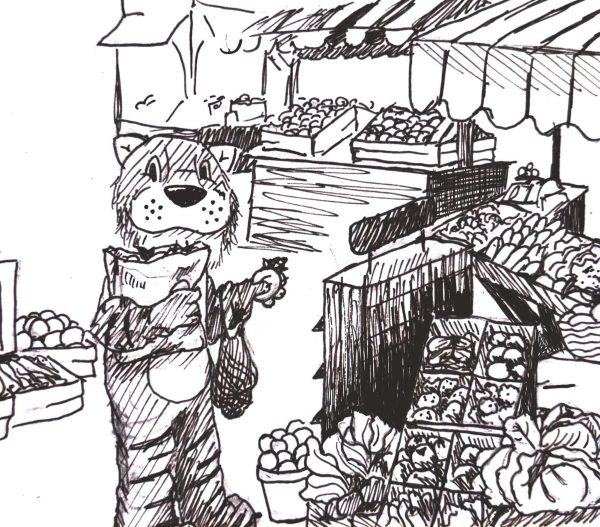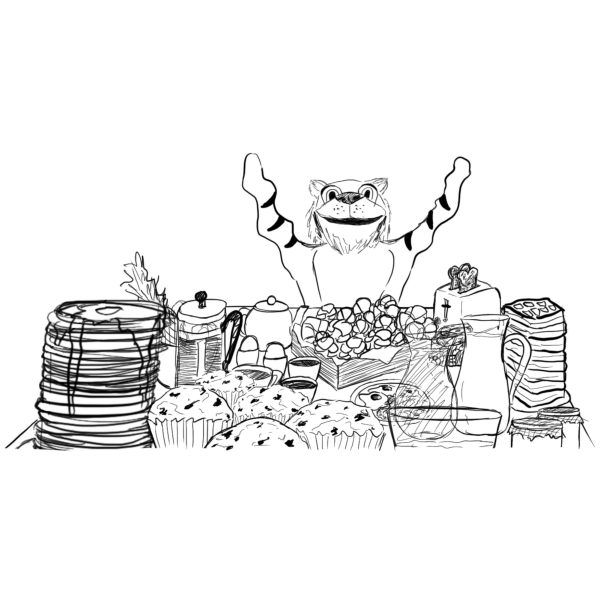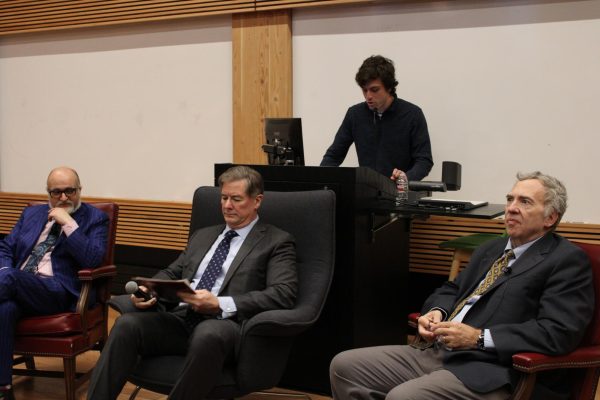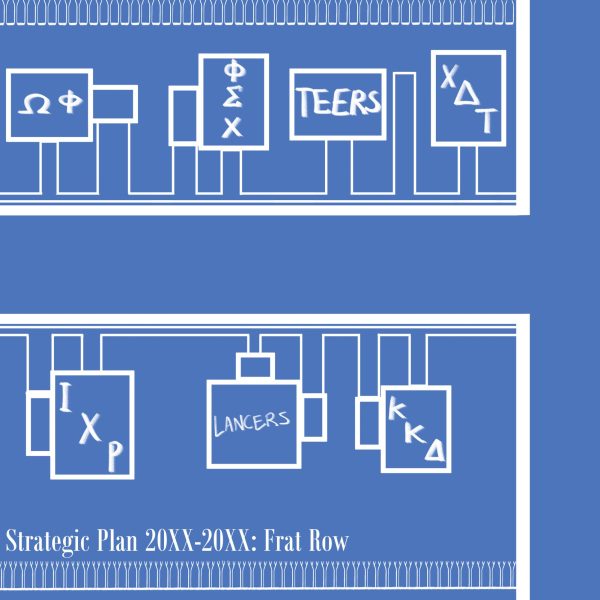Irrussianality and medieval legacies
Why Putin is mulling war with Ukraine
As I write this week’s column, the loved ones of roughly 77,000 American soldiers stationed in Europe are praying for peace alongside millions of Ukrainians and Europeans who likewise want to avoid the human cost of war. Many are struggling to understand why diplomacy between Russia and the Western powers, the United States and its NATO partners, is failing. The problem is that we in the West tend to overlook the role history and context play in shaping our present and our future. Of course, economic and geostrategic theories for war are useful, but they alone cannot explain all conflicts. Moreover, the punditry available to us is often overly simplistic and makes strong assumptions about power, rationality and the divisibility of political goods.
For instance, many forget the limitations of the unitary actor assumption when it comes to Russia. Ultimately, Moscow is not always a rational actor seeking a clear national interest. It is a personalist regime in which its stated national interests are often the interests of one man, Vladimir Putin. It would be a mistake to view his opportunistic bravado as a Machiavellian mastery of world politics. If Putin proceeds with war in Ukraine, it will be a monumental miscalculation made from a position of insecurity and desperation. Russian foreign policy is historically and currently rooted in its (i.e., Putin’s) domestic insecurities.
Russian saber-rattling has scared off investment in the Russian economy when it needs it most. The post-COVID stock market is at risk of sinking, dragging the ruble down to even deeper depths amidst continued sanctions, rising inflation and stagnant wages. According to most political scientists, algebraic, geometric and game-theoretic models of conflict bargaining concur that war is inefficient and costly. Yet none of this stopped Putin from lighting the fuse on this powder keg. He was the one who first stationed more than 100,000 soldiers on the Russian border with Ukraine and amassed thousands more in Belarus, less than 200 miles from the Ukrainian capital of Kyiv. Thus, he alone should burden the blame for jeopardizing 76 years of relative peace in Europe.
While the present Ukrainian crisis may feel new, Ukraine’s story did not begin with Russia’s illegal annexation of Crimea in 2014. Rather, we are experiencing in real time the latest chapter in a complex history that has treated the Eurasian steppes and banks of the Dnieper River like a chessboard for centuries. The dominant narrative in the media neglects the cultural and historical roots of the conflict that allow Putin to stake his regime’s survival on its diversionary interventions in Ukraine. On July 12, 2021, Putin published a long winded historical treatise on the Kremlin’s official website titled “On the Historical Unity of Russians and Ukrainians.” It is a crucial piece in understanding the historical mythos that forms part of Putin’s potential casus belli and asymmetric resolve, which has constrained the bargaining range to the point in which formal peace seems untenable. In his essay, he references the “spiritual unity” of the two descendants of Kievan Rus’ being “under attack” and harkens back to the tsarist interpretation of what it means to be Russian. When early modern Russia formed in 1547, the official shortened title of the ruler was tsar vseya Rusi, “emperor of all the Russias.”
Since then, Moscow has seen itself as a “Third Rome,” a defender of Orthodox Christendom, and a protector of the Slavic peoples in Europe. The latter is what has led Putin to condemn the “forced assimilation” of self-identifying Russians in Eastern Ukraine and compare it to the “use of weapons of mass destruction.” While he says he wishes to avoid “fratricide” with Ukraine he persists in escalating tensions. A potential explanation for this uniquely Russian irrationality requires us to study the history of Russian nationalism and identity along with the economic and political fears Russians have with perceived NATO encroachment on the Russian-dominated Slavosphere.
The ultimate answer to the question of why this is happening is that Putin’s Russia has a commitment problem. He is faced with a geopolitical situation that can be alleviated peaceably in theory, but in practice cannot be due to the worsening economic state at home threatening his hold on power. So, his only option is to continue to stoke Russian nationalism and scapegoat the age-old bogeyman of Western interventionism in Ukraine. If peace and stability are to be restored, NATO will need to raise the cost of war for Russia to the point that it outweighs their expected payoff and provides Putin with a reasonable way to save face at home. Whether that is possible is beyond me, but one thing is clear: Moscow has boxed itself in a corner to the detriment of everyone.
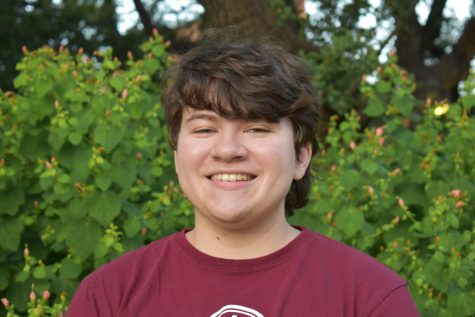
I am a senior Art and English double major from San José, California. I also have an accidental Medieval and Renaissance minor that I picked up through...

